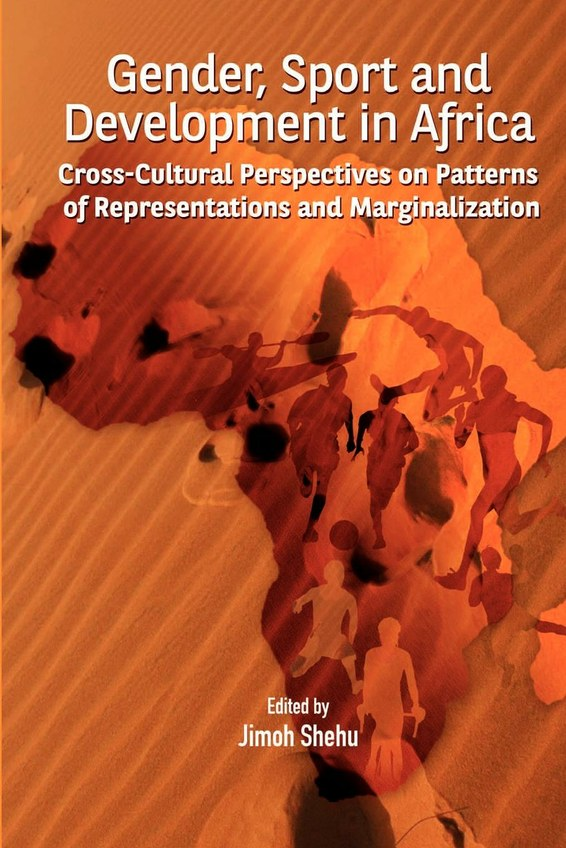To many young people, the term sport has an exhilarating ring; to many older persons, it signifies recreation and leisure. From colonial times, it has been viewed as a means of social control. Increasingly, it is being touted by governments and donor agencies as a self-evident tool of Africa’s development. How accurate are these individual, romantic and moral notions of sport? In this volume, eleven African scholars offer insightful analyses of the complex ideological and structural dimensions of modern sport as a cultural institution.
Drawing on various theories and cross-cultural data, the contributors to this volume highlight the various ways in which sport norms, policies, practices and representations pervasively interface with gender and other socially constructed categories of difference. They argue that sport is not only a site of competition and physical recreation, but also a crossroad where features of modern society such as hegemony, identities, democracy, technology, development and master statuses intertwine and bifurcate. As they point out in many ways, sport production, reproduction, distribution and consumption are relational, spatial and contextual and, therefore, do not pay off for men, women and other social groups equally. The authors draw attention to the structure and scope of efforts needed to transform the exclusionary and gendered nature of sport processes to make them adequate to the task of engendering Africa’s development.
Gender, Sport and Development in Africa is an immensely important contribution to current debates on the broader impacts of sport on society. It is an essential reading for students, policy-makers and others interested in perspectives that interrogate the grand narratives of sport as a neutral instrument of development in African countries.
Jimoh Shehu is a senior lecturer in the Department of Physical Education, Health & Recreation at the University of Botswana, where he teaches pedagogy and sociology of sport. He has been departmental head since 2008. He has previously taught at the University of Benin (Nigeria), Kenyatta University (Kenya) and the University of Dar es Salaam (Tanzania). In 1996, he was Deputy Director of Operations at the Centre for Advanced Social Science, Port Harcourt, Nigeria. His research interests include discursive construction of physical education and sport pedagogy, sport and development policy analysis; and hierarchies, spatiality, subjectivities and inequalities in physical activity. His recent publications have appeared in Sport Education & Society, Educational Studies, Teacher Development, and South African Journal of Research in Sport, Physical Education & Recreation.
ISBN: 978 286978 306 5
CODESRIA 2010
